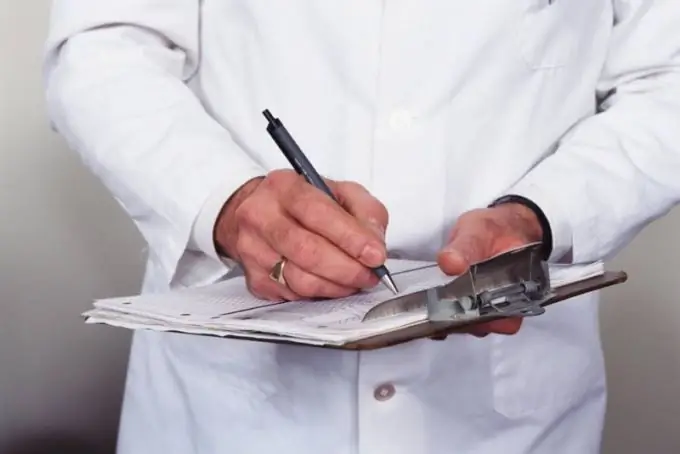- Author Antonio Harrison harrison@cultureoeuvre.com.
- Public 2023-12-16 07:44.
- Last modified 2025-01-22 21:44.
In May 2010, the State Duma adopted a draft law “On Amendments to Certain Legislative Acts of the Russian Federation in Connection with Improving the Legal Status of State (Municipal) Institutions”. You can't guess by the name, but the entire Russian budgetary sphere is now living according to this law.

Many copies have already been broken around this bill. The President of the Russian Federation Vladimir Putin tried to put an end to the disputes by presenting the budget message for 2013-2015. He asked the political forces not to speculate on the topic and expressed the point of view that the new principles of financing budgetary institutions do not cancel free medicine and education.
But it is difficult to agree with the president not only in full, but also in part. If you follow the logic of the law, it becomes obvious that funding for schools and hospitals, which has always been in short supply, will be cut even further. The state will pay institutions only for a certain order, a certain amount of services, and the rest will have to be earned on their own. In education, this is embodied in the form of an educational standard, which at the time of the adoption of the law looked like this.
It was assumed that the student will receive free two hours a week of Russian and English lessons, mathematics and physical education, and one more hour a week - history. Parents can pay for physics, chemistry, biology, computer science, music, drawing and other subjects if they wish. Experts have calculated that the normal annual education of one child will cost a family 50-70 thousand rubles. Here you need to make a reservation - the first three classes of education include the entire previous set of subjects that are guaranteed to be paid by the state. But, nevertheless, in these conditions, there is no need to talk about high-quality free education.
The same thing happens in medicine. In addition, it must be added that, willy-nilly, the heads of educational and health care institutions become managers who are forced to earn a living for themselves, employees and to ensure the life of their economy. What this will result in, today one can only guess.
We have to admit that some medicine at the polyclinic level and some education up to the initial level in the new conditions will be free. But Russians can get good medical help and deep knowledge only for money.






